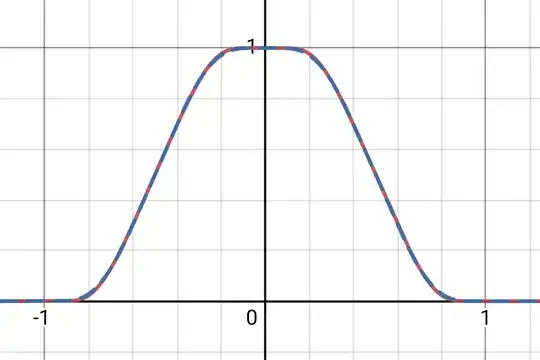Background: It seems there is an algorithm called the full Risch algorithm that can decide whether a given function has an antiderivative that can be expressed in terms of elementary functions. There is also an older "(classical) Risch algorithm," which attempts to do the same, but without guaranteed success. The distinction between these algorithms, and whether they work, and whether they have been fully implemented, is apparently controversial. (See also)
Question: Given a particular function $f$, are there any "basic" ways that one might be able to show that $f$ has no elementary antiderivative? Do there exist standard techniques for this? Are there any easy examples?
Edit: Relaxing the question slightly, rather than seeking general methods that might apply to many functions, even special cases are welcome. For example, "It is known that $\dots$ has no elementary antiderivative because $\dots$". I'm looking for functions that have a well-behaved antiderivative, by the way, but that cannot be expressed with elementary functions.
Edit 2: Joako's answer made me realize I should really add the restriction that $f$ be an elementary function to begin with. Otherwise, the question is almost equivalent to asking "What functions can't be expressed as elementary functions, but have a derivative?"
Edit 3: Just found a duplicate with lots of answers.

elementaryas we often get questions from students that confuse the existence of an antiderivative (which is guaranteed for continuous functions by the Fundamental Theorem of Calculus) with the existence of an elementary antiderivative. – Cameron Williams Jul 21 '23 at 05:07